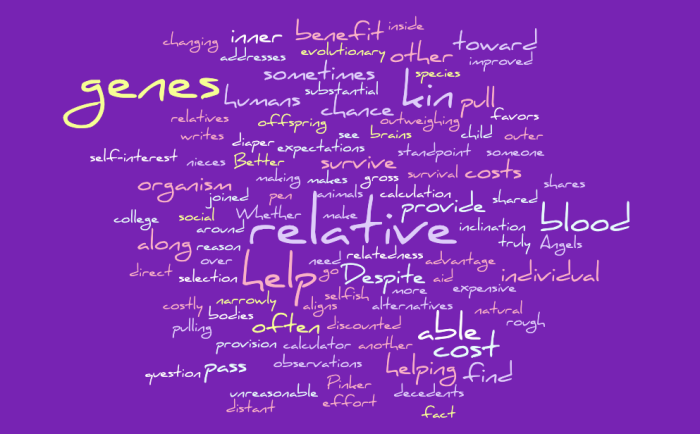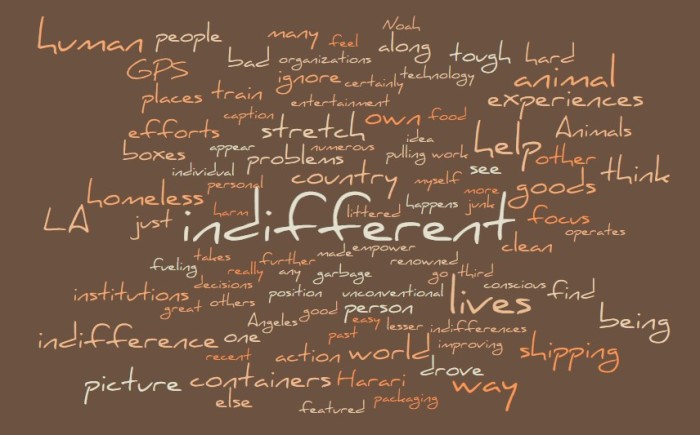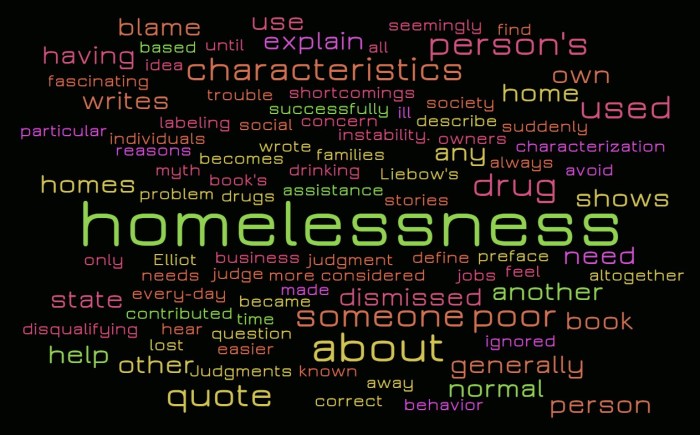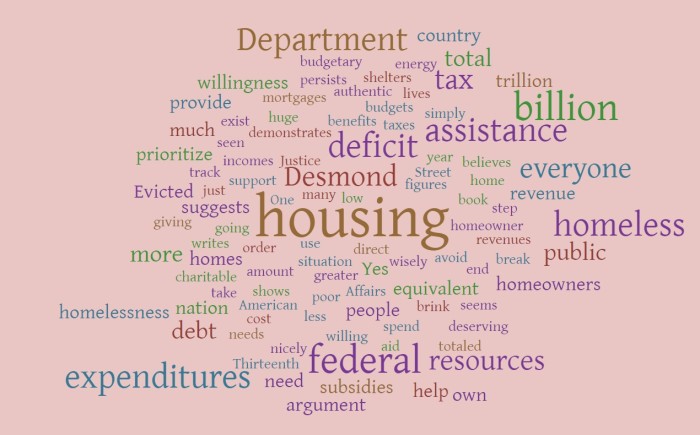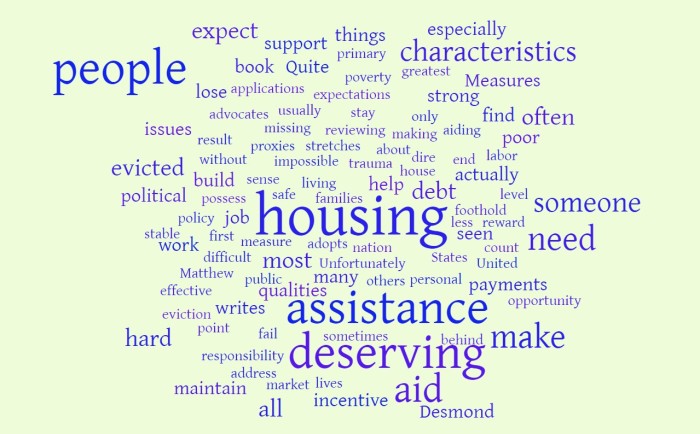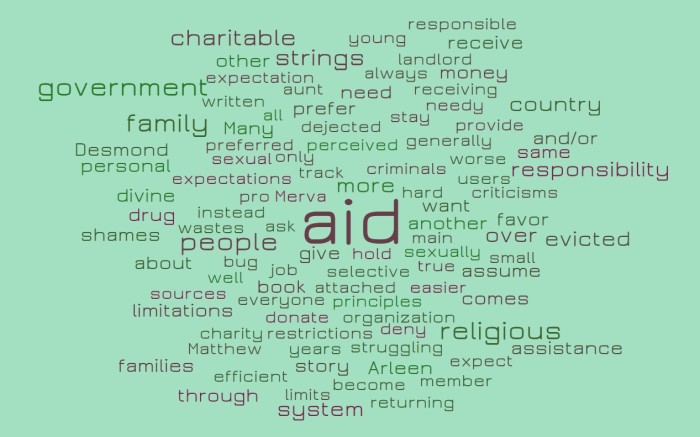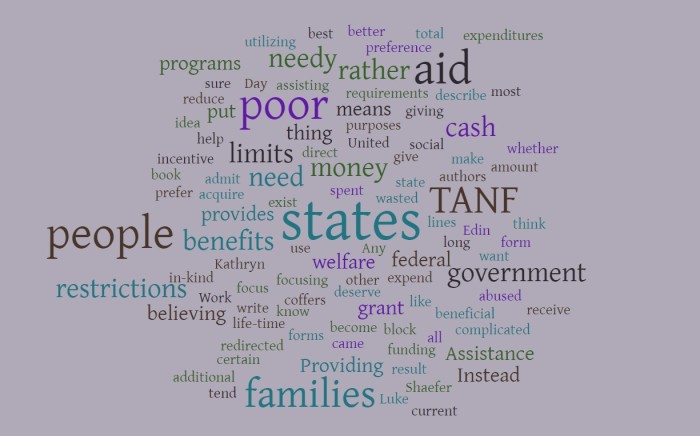It is not a completely unreasonable question to ask why humans and other species go out of their way to help their kin. Whether it is our direct offspring, our nieces and nephews, our grandchildren, or other distant blood relative decedents, we often find a need to do things to help them. Despite how gross changing a diaper can be, how expensive helping someone get to college can be, or how costly the provision of aid and assistance can be, we find an inner pull to be of assistance. That inner pull is also often joined with outer social norms and expectations around kin assistance, despite the fact that sometimes the costs truly are burdensome.
Steven Pinker addresses this in The Better Angels of Our Nature. He writes, “natural selection favors any genes that incline and organism toward making a sacrifice that helps a blood relative, as long as the benefit to the relative, discounted by the degree of relatedness, exceeds the cost to the organism. The reason is that the genes would be helping copies of themselves inside the bodies of those relatives and would have a long-term advantage over their narrowly selfish alternatives.”
If there is a chance that our genes are shared with another blood relative, then it makes sense that we would have an inclination to provide assistance to help that relative survive and pass along their genes. If the cost is not so great that we won’t be able to survive and pass along our genes, or ensure that a child who shares more of our genes won’t be able to reproduce, then we will provide assistance. From an evolutionary psychology standpoint, this theory aligns with observations and self-interest for individual humans and animals. Without pulling out a pen and paper or calculator, our brains are able to do a rough calculation of the cost we would face relative to the improved chance for survival of our kin. Where we see the needle inch toward the benefit outweighing the cost, we make an effort to help our kin, and put up with sometimes substantial individual costs.
